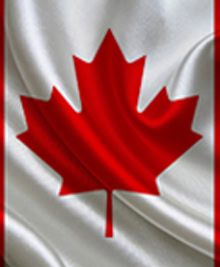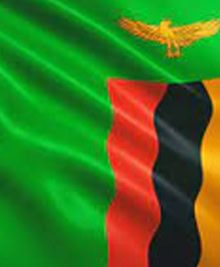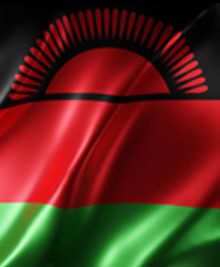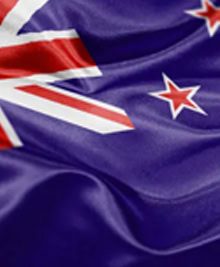The first cases of cholera have been reported in the early part of May and has rapidly gotten worse. Reports given on the 29th May have stated that 23 people have passed on due to the waterborne disease and as high as 229 people have been reported to have visited health care facilities with symptoms of the disease.
The number of infected people has slowed down in recent days. As much as it is good news there’s still the greater issue of when will the water be safe to drink?
When did the problem begin?
Reports of water insecurity in Hammanskraal dates as far as 2008 with the South African Human Rights Commission in 2019 validating the danger of the water in the region.
The recent report given by the Municipality on the current state of emergency says that the Rooival Waste Water Treatment Works has been operating at a subpar standard due to the lack of maintenance of the treatment facility, producing a poor quality of water. This water runs into Hammanskraal main water supply, the Apies River – the source of the disease.
Action against City of Tshwane
The department of Water and Sanitation is pursuing legal action against the City of Tshwane to rehabilitate the situation by providing the necessary funds to bring lasting change to the water quality in Hammanskraal.
The people of Hammanskraal
Headlines are scattered throughout the internet stating that The City of Tshwane has denied water crisis since 2019. Residents had to rely on water tankers to bring water to them rather than having safe piped water which they could use. This has left room for speculation and has left residents hopeless in the assistance of Tshwane.
Short term relief
NGO’s such as Red cross, South African Women’s Biker Forum and Ashraful Aid has provided relief to Hammanskraal. Drinkable water has been given to the people which in turn has provided them with peace of mind through this crisis. As much as it is good, this a temporary fix-a bandage over a wound far greater than what aid can provide.
Long term strategy
A south African team has begun research on a water purification based on practical models designed by ARAVA institute of environmental studies. ARAVA’s main goal is solve water insecurity around the world. They have recently singed a MOU with the University of Free State.
The coalition has successfully granted safe water to regions that are off gird within south Africa and their research does not stop there. They have begun plans to implement their small-scale system to larger bodies of water. Their prospect area is Mamelodi. All hope rests on their shoulders to provide something that can work which will help the people of Hammanskraal as well.
The future
The main awareness that this tragic development has raised is that Municipal officials need to respond to complaints with urgency especially concerning public infrastructure provided from them. Regardless of the politics of the matter what is priority one is that water insecurity needs to be addressed and should be priority number one. If this life force is not maintained properly, It could cause more than just an epidemic, it will affect life as we know.


















